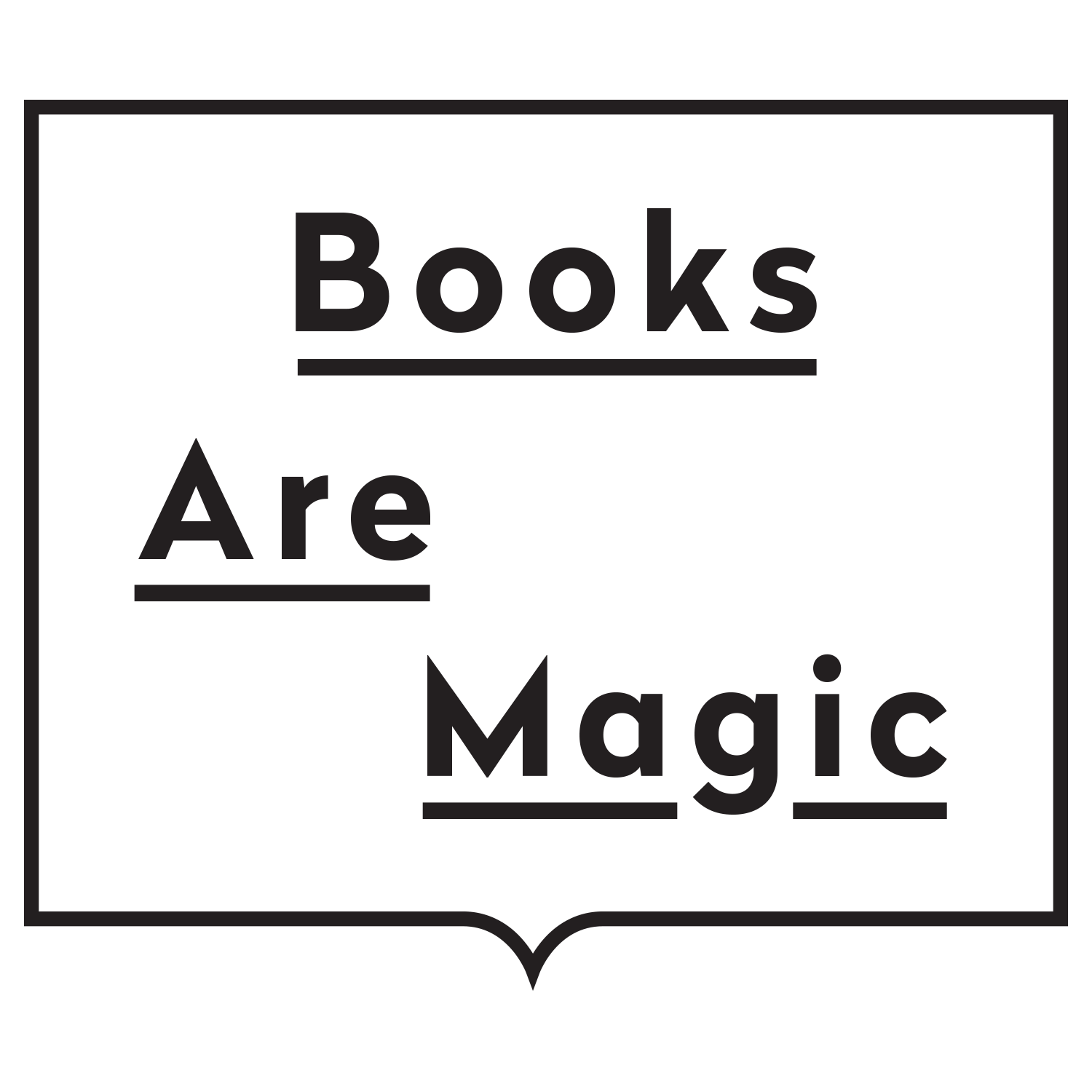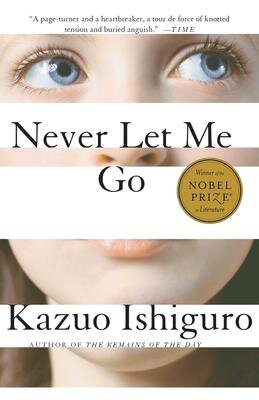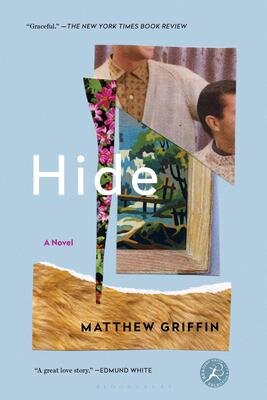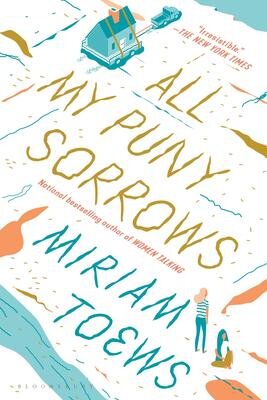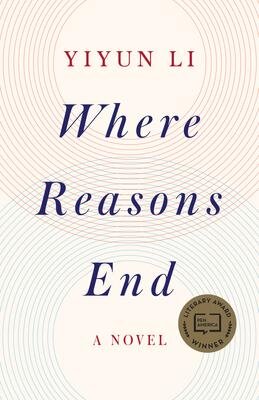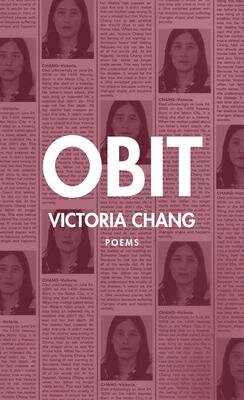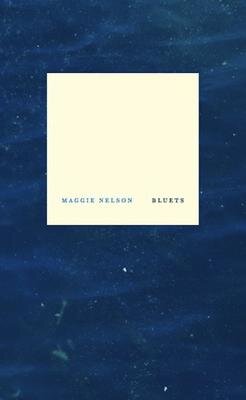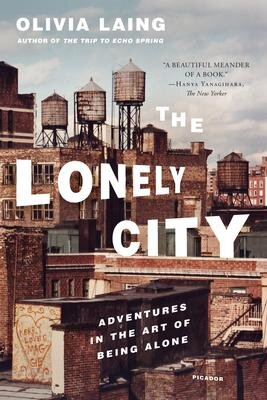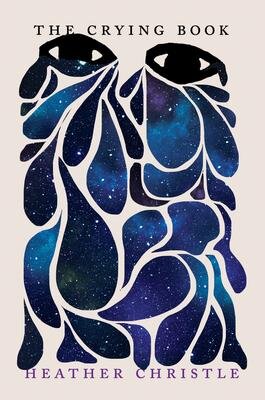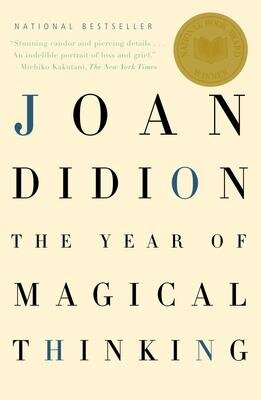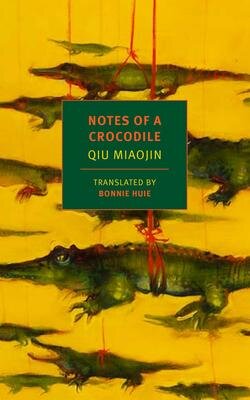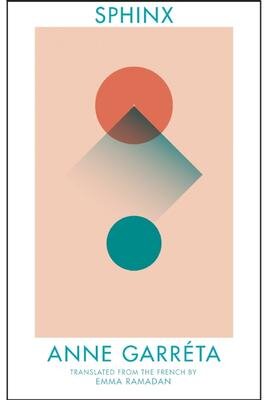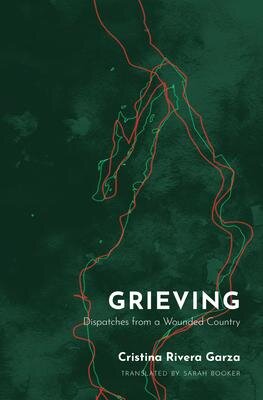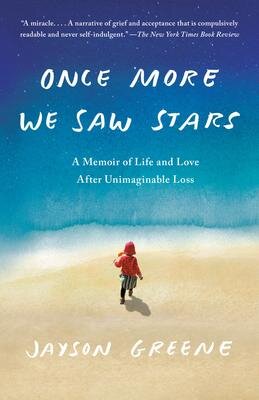Good Grief!: 17 Heartbreaking (& Healing) Books
We often send out calls to the whole staff to contribute to blog posts and book lists, but I think this is the quickest response we’ve ever had–when asked for a book that will break your heart, nearly everyone on staff had a list the length of their own arm. Maybe it’s just us, or maybe it’s this year of endless grief and loss, but we all had a lot to say.
I used to be able to read anything–children in peril, murder, anything! After having children, though, for a number of years I couldn’t go near a book or a movie or a TV show with dead or injured children. It seemed, in some strange way, to be inviting danger, even just to acknowledge that such danger existed. This is not true, of course–avoiding other people’s pain because you fear it becoming your own is a sorry way to go through life. I also think that it’s interesting to see what breaks everyone’s heart, as a sort of a Rorshach personality test--is it a story of romantic love? Is it a writer diving deep into themself? Is it a book about the death of a loved one? What breaks our hearts tells us a lot about who we are, and what we value most. Here are a few books that are beyond brave in their willingness to peel back the scrim of polite society and tell us all what the very worst things are really like, the shock, the horror, and everything that comes after.
Written by Emma Straub
Anthony
Never Let Me Go by Kazuo Ishiguro
One of the handful of books I can call my favorite and reread over and over again. It’s best to first read without knowing too much about it. Kathy now a “carer” reminisces growing up on the grounds of Hailsham with her friends Tommy and Ruth, and when they finally leave the safety of their school and into the real world. Through Ishiguro’s writing Kathy’s quiet tone through the mundane and tragic events, sets the beautiful and melancholic story of love, friendship, and loss. Ishiguro writes with such immense emotion in all of his books, I am more than ready for my heart to be broken by Klara and the Sun (you can preorder it here).
Hide by Matthew Griffin
It’s only up until recently that LGBTQ+ couples could publicly show their relationships or even get married, and Wendell and Frank have had to hide their love for their entire lives from meeting in their 20s after WWII to their 80s in a small town in the South. Their world becomes each other and the home they build together, but when Frank has a stroke their lives change and how they love and care for one another changes. A completely heartbreaking portrait of love and loss in slow motion.
All My Puny Sorrows by Miriam Toews
“Sadness is what holds our bones in place” Comedy and tragedy are stitched together in this honest refection of depression, loss, love, and family, as Yoli visits her sister, Elf, after a suicide attempt. When someone you love is in pain, how do you save them from that pain, or can you?
Serena
Where Reasons End by Yiyun Li
After her son, Nikolai, takes his life, a grieving mother invents a liminal world where she can still commune with him through words. Even as I write this, so much emotion comes up for me because I’ve never read anything quite like it. This is a devastating and vital work of fiction, it’s probing and profound, I would even go as far as to say it’s a masterpiece. At a time when grief surrounds us, it’s so important that we have works of art, like this one, that acknowledge the reality that some questions are, and will always be, unanswerable, but that we can still ask them, and we can still sharpen the tools with which we carve our queries, and that there is value in that. If you’ve experienced loss, or if you’re just interested in language and how we wield it, I highly recommend this book.
Obit by Victoria Chang
This is another book that engineers a wholly original way of thinking through grief using the (clarifying? Transmuting? Excavating, distilling, refining?) power of language. Here, Chang invents a new poetic form to explore loss called obits—rectangular prose poems reimagined from newspaper obituaries. Unlike elegies, which exalt the dead in an effort towards immortalization, obits name the loss and explores the often complicated, or contradictory, impacts it has on the living. Interestingly—and something I’m just connecting now as I discuss these two books in tandem—is that this collection was written “feverishly” in the span of two weeks after the death of the poet’s mother, and similarly, Yiyun Li wrote Where Reasons End in the span of 10 weeks, in one draft, after the death of her son. I can’t say what effect this had on the authors, but I can say that as a reader the rawness, the trenchant beauty, was deeply felt in both of these books. There’s a clarity and a precision here, and I’m not sure where it comes from, but I think it may be connected to this idea that appears early in Obit: “We had to inherit the words, but something is always between us and the words. Until death, when comprehension and disappearance happen simultaneously.”
Colleen
Bluets by Maggie Nelson
Perhaps the number one sad book (we’d have to battle it out between A Little Life), Maggie Nelson writes lyrical, contemplative odes to the color blue and all the shades of suffering that come with love and heartbreak. This book isn’t going to tell you everything will be okay, but it isn’t wallowing either. There is healing in having witness to our grief, and in this way, Bluets is one of the most beautiful and comforting books I’ve found.
Lonely City by Olivia Laing
For anyone who has felt lonely in a crowd, this is a really interesting meditation on solitude and its cultural trappings (shame, isolation, etc.) through the lives and works of a few prominent outsider artists. Laing is incisive, weaving memoir, art history, and cultural criticism, and her insights are ever more relevant given the global scale of disconnection and isolation we’ve experienced under the pandemic. I do wish there was a broader pool of artists profiled (nearly everyone included is a cis white man) but the narrative is undeniably absorbing and left me feeling more in touch with my own sense of being.
The Crying Book by Heather Christle
We all need a good cry sometimes! A delightful poetic mosaic, The Crying Book is made of vignettes of the natural history of crying (tear-catching machines, the truth behind animal tears, tears as a racial weapon, etc) amid a backdrop of Christle’s grief after losing a friend to suicide and struggles with post-partum depression. My copy is full of underlines and dog ears, so you know you can expect some beautiful turns of phrase and moving passages. Intimate and validating on every layer.
The Year of Magical Thinking by Joan Didion
I read this right after my grandfather passed and couldn’t stop thinking about what my grandmother must have been feeling after nearly 60 years together. How one day you wake up and everything is different. The Year of Magical Thinking is Didion’s striking account of when she lost her daughter and her husband, unexpectedly, within only a few days of each other. While every book is personal, ones about grief may be especially so, the raw honesty perhaps landing at just the right pitch for some, or perhaps not right at all for others. But for anyone interested in mining the depths of life after an overwhelming upheaval, this remains a touchstone for heartache.
Abby
Beverly, Right Here by Kate DiCamillo
Kate DiCamillo has this wonderful habit of politely knocking on my sternum before opening my chest cavity to look at the pulsing wet mess inside. I hold Beverly close to my heart for this reason: she is a young girl grieving a dog who is dead and a mom who isn't. She's grieving her past, pre-grieving her future. And yet: she finds a way to connect. There's light. There's hope. There's me, given over to great heaving sobs, and grateful for it.
Shulokhana
The Death of Vivek Oji by Akwaeke Emezi
They burned down the market on the day Vivek Oji died - so begins one of the most beautiful and heart wrenching novels of 2020. Vivek’s mother discovers her child’s body wrapped neatly in a cloth and laid in front of their home. Unable to reconcile the circumstances of his death she embarks on a grief-laden mission to find out how he really died. The explorations of grief, shame, love, and queerness are tenderly rendered and the ending will both break your heart and warm you.
Nika
Notes of a Crocodile by Qiu Miaojin
If ever you were looking for a book to rip your heart out, this is it. Notes of a Crocodile centers on a group of queer outsiders in 1980s Taipei, exploring love, friendship, and isolation with excruciating frankness. Obsessive, intellectual, intimate, and bold, Miaojin’s prose and the novel’s unusual composition illuminate this moving and agonizing coming-of-age story. It’s not a cult classic for nothing!
Sphinx by Anne Garreta
This novel is usually noted for its formal constraint–a love story without gender–which contemplates language, desire, and the body. And Garréta doesn’t disappoint: Sphinx is erotic, sensorial, and captivating, but it’s also deeply concerned with ephemerality, and with such a talented writer it’s a sure bet to cause some existential dread.
Grieving by Cristina Rivera Garza
This is less a book about grieving than an act of grieving itself. Addressing femicide, the Mexican-US border, and state violence, Cristina Rivera Garza meditates on how to resist the paralyzing force of horror and how to live with immense grief. The prose is breathtaking–precise, lyrical, unsparing–and I could spell out what else makes Grieving so astonishing, but there isn’t the space. A powerful work of resistance and reckoning.
Emma
Once More We Saw Stars by Jayson Greene
Jayson’s beautifully-written memoir about the accidental death of his daughter Greta is a moving portrait of a father’s love, of anger and forgiveness and holy fuck, will it make you cry. A lot.
An Exact Replica of a Figment of My Imagination by Elizabeth McCracken
Elizabeth McCracken is one of my very favorite contemporary writers–she has a new story collection coming out this spring, and it is smart and funny and strange, like all her books. (You should preorder it now.) One of the things that I love about prolific writers is that you get a sense of their whole selves, assembled in some odd patchwork way, and the good ones will show you everything: the high moments and the low ones, the funny jokes and the very saddest days. Maybe that’s not a fair way to read fiction, but Alexander Chee said something like that on a podcast, and so let’s just go with it. This is McCracken’s only work of non-fiction, and I read it in a single sitting, standing up while working at BookCourt a decade ago, as I was just starting to struggle to get and stay pregnant. It is, as she says, a happy story with a very sad ending, and I feel so grateful to her for writing it, this crystal-clear, vitally important book about having a stillborn son.
Jacque
Hamnet by Maggie O’Farrell
Hamnet is a timeless tale of grief. I read Hamnet during a period of melancholy in my life. Instead of reading something to cheer me up, I reveled in my heartbreak, and this book matched my mood perfectly. In short, it’s about Shakespeare and his wife’s loss of their only son. What I love about this bestseller is its elegant Elizabethan prose - it encapsulates tragedy.

